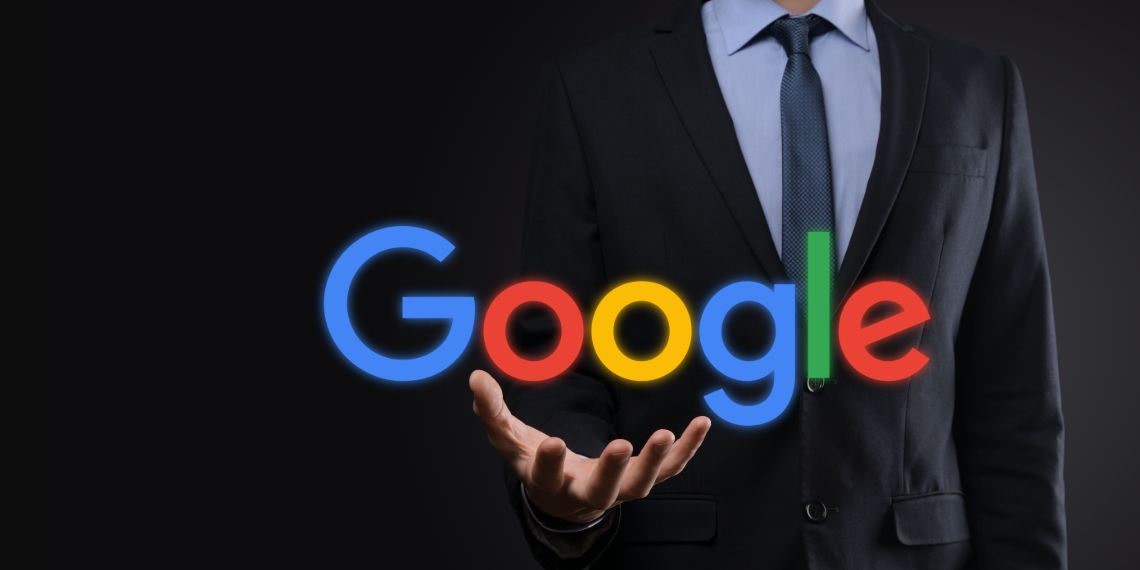
Posted On : 20 May 2025
A new study reveals that nearly half of Google’s AI Overviews link back to its own properties, strengthening the company’s “walled garden” effect.
Key Takeaways:
- 43% of AI Overviews include links to Google’s own search results.
- 30% of all queries now trigger an AI Overview.
- Longer queries and niche keywords are more likely to prompt AI-generated answers.
According to research by SE Ranking, Google’s AI Overviews frequently link back to Google itself. Analysing over 100,000 keywords across five U.S. states, the study found that 43% of these AI summaries include 4–6 links that direct users to more Google pages, reinforcing the idea that Google aims to keep users inside its ecosystem.
Google Frequently Cites… Itself
The study spanned Colorado, Texas, California, New York, and Washington, D.C., revealing minimal geographic variation. Regardless of location, Google.com is the most-cited source in AI Overviews—appearing in 44% of cases. That’s well ahead of other major platforms like YouTube, Reddit, Quora, and Wikipedia, which each appear in only about 13% of AI answers.
A Reinforced Walled Garden Strategy
These findings align with a separate analysis by Momentic, which reported that the average Google user now makes 10 clicks within Google before navigating to external sites. This points to a broader strategy: keep users engaged within Google properties for as long as possible.
Additional findings include:
- AI Overviews appear in 30% of searches
- 25% of AIOs show up alongside other SERP features, like “People Also Ask”
- 3 sources are cited on average per AI Overview
- Mid-difficulty keywords (21–40) are the most likely to trigger AIOs (4%)
- High-cost keywords ($10+) are least likely to trigger AIOs (3%)
- Short answers (<600 characters) cite ~5 sources, while long ones (>6,600 characters) cite ~28
- Industry-wise, Fashion & Beauty has the lowest AI Overview rate (4%), followed by E-Commerce (2.1%) and News/Politics (3.8%)
Google vs ChatGPT: External Traffic
While Google still drives massive traffic—175.5 million visits in March, per Momentic—it trails ChatGPT in sending users off-platform. Google users average just 0.6 external site visits per session, compared to 1.4 from ChatGPT users.
The Bigger Picture
As Google shifts toward a more self-contained search experience, it’s clear that relying solely on organic clicks is riskier than ever. Brands and publishers need to diversify their traffic strategies while still optimising to remain visible within Google’s evolving SERPs.
Other Resource: https://www.searchenginejournal.com/google-links-to-itself-43-of-ai-overviews-point-back-to-google/546574/
